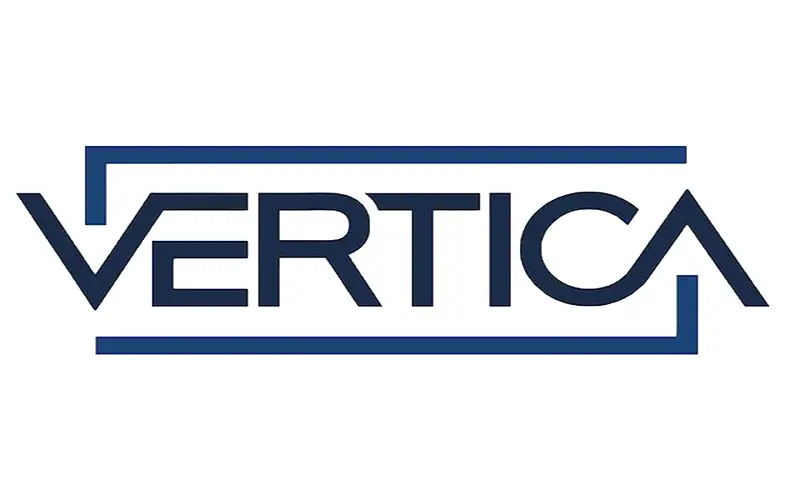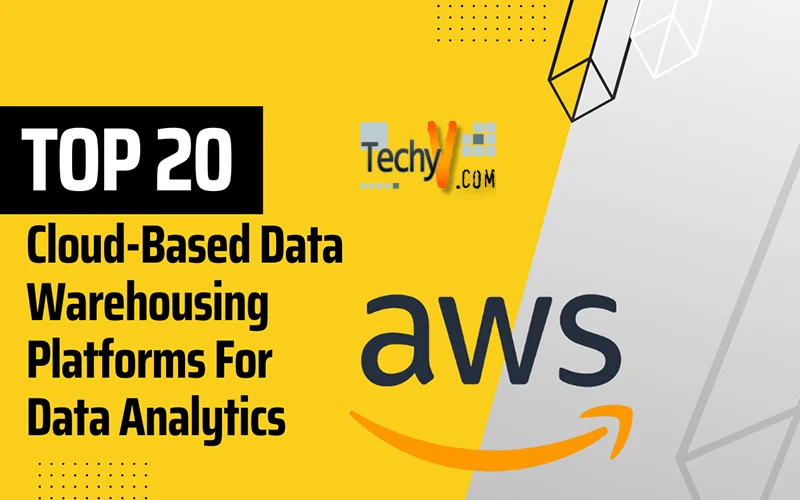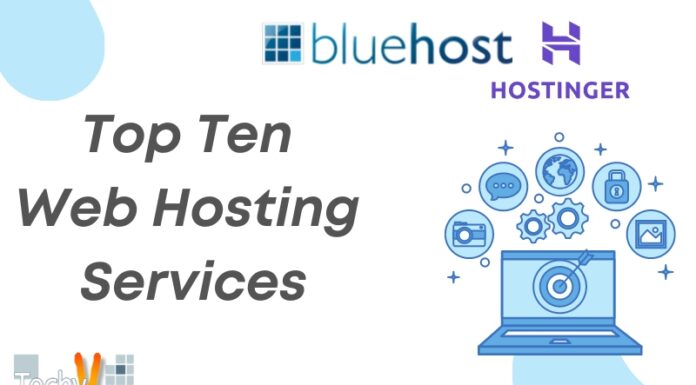Cloud-based Data Warehousing platforms are widely used in business organizations and various enterprises in the fields of health care, transportation, and communication where large volumes of data are organized in the right manner for easy storage, access, and analysis of the datasets on the public cloud and the further decision-making process of the firm. All the data warehouse platforms have their benefits and demerits according to the features they contain, most of the platforms are open-source, free platforms while some of them require subscriptions.
1. Amazon Redshift
Amazon Redshift is a cloud-based data warehousing solution. Its main function is to access and analyze structured and unstructured data across various databases, data lakes, and data warehouses. This can be done by designing AWS hardware that makes use of machine learning to achieve exceptional price performance at any given scale. Here, the data warehouse used is perfectly scaled to produce expeditious results even for very challenging and incalculable workloads.
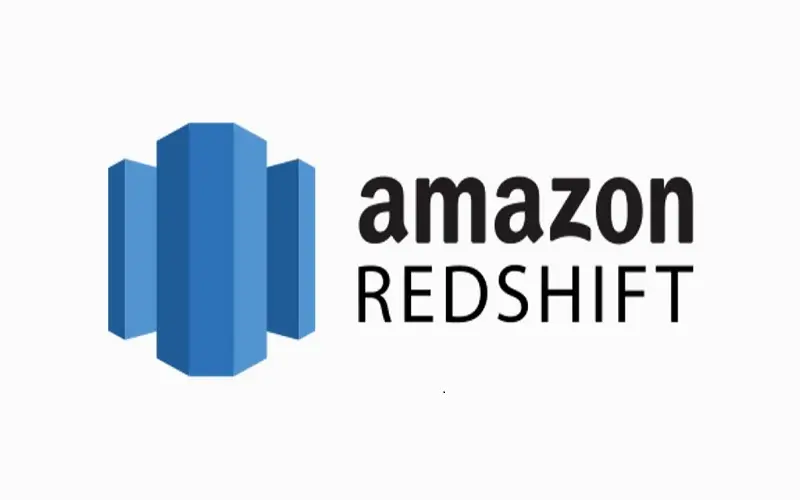
2. Microsoft Azure
Microsoft Azure is a cloud computing platform that is open and flexible with more than 200 products and cloud services. It is a Platform as a Service (PaaS) that is designed and getting enhanced daily to provide new solutions and solve numerous challenges to create a bright future. Organizations that utilize the services offered by Azure can make the most efficient and incredible results. This allows the users to perform various operations on their such as accessing, analyzing, and storing the data according to their requirements. It is an online portal that delivers the services offered by Microsoft.

3. Oracle
Oracle Cloud is an integration of complementary cloud services which generally use a database to store huge amounts of data. It is a very flexible data platform that allows users to work with massive data applications by connecting any application or data to automate end-to-end processes. Users can work with any type of data in large scales of data formats by utilizing the tools offered by the Oracle such as Oracle Database, the OCI data integration, and the Kafka connector-enabled OCI streaming.

4. Amazon Web Services
Amazon Web Services is an easy-to-use and simple cloud computing platform with almost 200 global fully-featured services from data centers. Many leading government agencies, startups, business organizations, and customers use AWS services to get their work done faster with more and more innovations. It is highly secure with the most proven operational experts working for this platform. The services offered by AWS are a combination of Infrastructure as a Service (IaaS), Platform as a Service (PaaS), and Software as a Service (SaaS).

5. BigQuery
BigQuery is a multi-cloud data warehouse that is a part of the Google Cloud platform. It is a Software as a Service (SaaS) that is a highly managed organization and is fully scalable and cost-effective. Here, the data can be accessed and analyzed with the already available built-in functions such as Machine learning, Custom hashing, encryption or decryption of workloads, Geospatial analysis, Reverse Geocoding, and business intelligence.
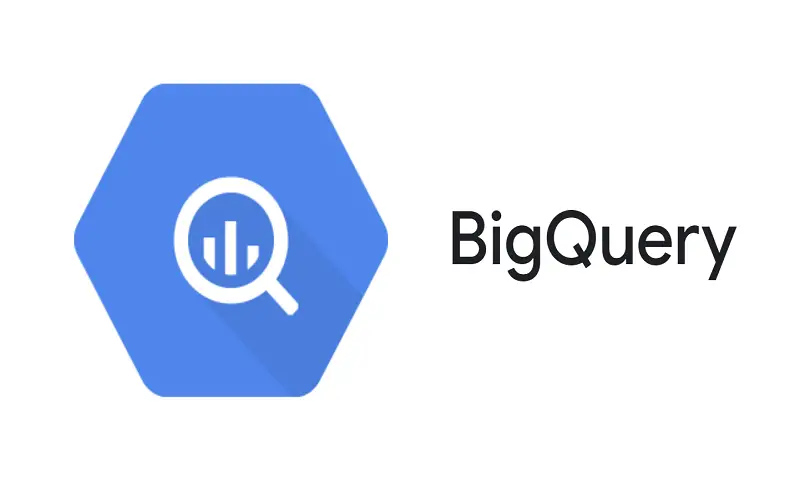
6. Snowflake
Snowflake is one such cloud data warehouse where one can access, analyze and store all the data in one place. It serves as a Platform as a Service (PaaS) which is self-managed. The services offered by Snowflake such as data sharing, data storage, and producing analytical solutions are faster and more accurate than the traditional offerings that are empowered by advanced data. It mainly uses standard SQL which includes a subset of ANSI SQL and analytic extensions.

7. Teradata
Teradata is a multi-connected cloud platform that is an open and scalable database; delivering complete cloud analytics. It provides the business management a hope in increasing their desired outputs by offering its database management tools. We find its extensive use in various sectors such as health care, transport, logistics, manufacturing, etc to reduce the impact of their workloads because the key features offered by Teradata solutions consist of connectivity through which the users can easily benefit from the connections to network-attached systems. Here, the data is stored in tables that are relational modeling which uses SQL.
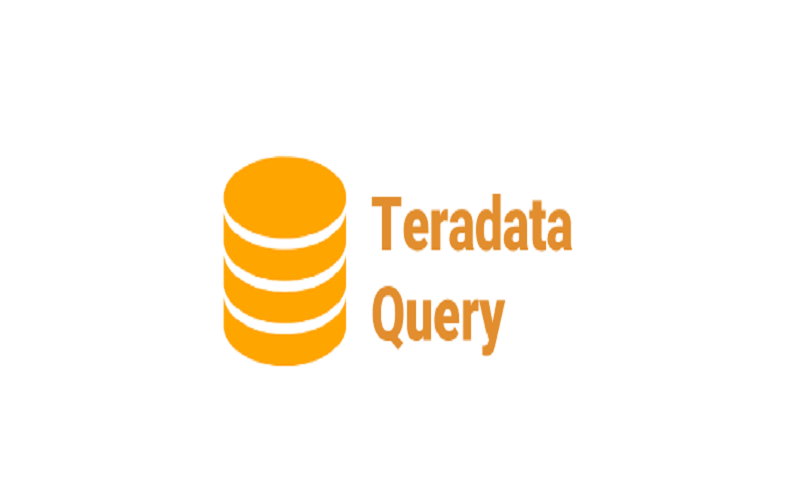
8. Cloudera
Cloudera is an American enterprise that is a hybrid data platform that can run either in a private cloud or on an AWS platform, Azure, and GCP (Google Cloud Platform). Cloudera is known for its scalability, security, and the accessibility of data wherever we go. It is an open-source Hadoop distribution where the data is rapidly distributed all over computing clusters without considering the failure rate. Therefore, it is a Unified data fabric.
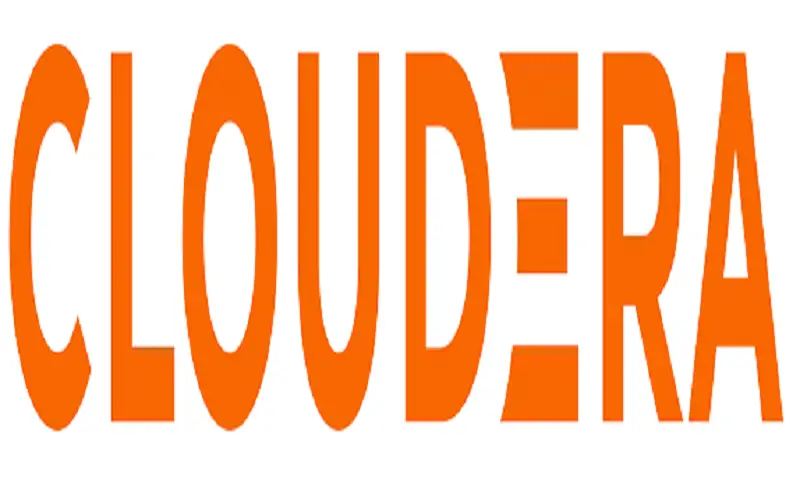
9. Google Cloud Platform
Google is a large-scale cloud data warehouse of cloud computing services that runs on Google infrastructure that Google offers to its customers such as YouTube, Drive, Gmail, and many more. It is generally made of a set of physical assets such as hard disk, Desktops, and virtual machines that deliver advanced security and sharing abilities and offers application development and integration services. This platform is extensively used in various enterprises such as PayPal, The New York Times, Gitlab, etc.
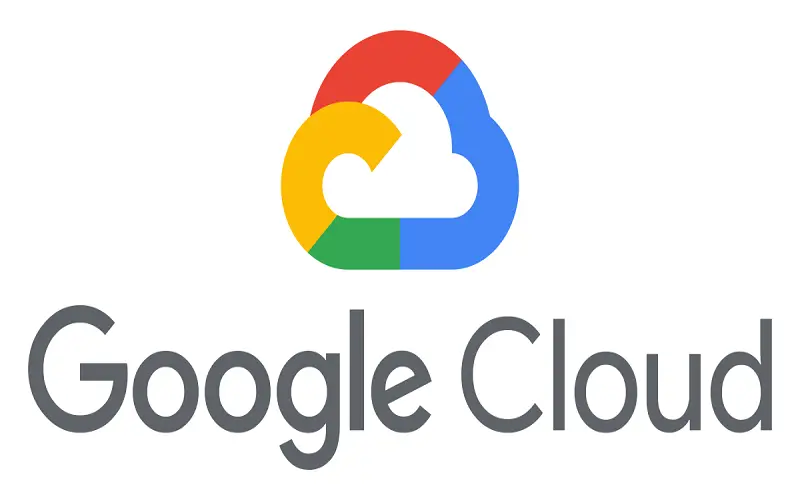
10. IBM DB2
IBM db2 is a relational database where we use structured data to store in the tables. It is a publicly managed cloud service that delivers exceptional results such as fast query processing, because of which it is capable of operating and processing various online transactions. It is a database server wherein the users can create and use Db2 databases, it also enables multiple users to connect to a single server and access the data simultaneously.
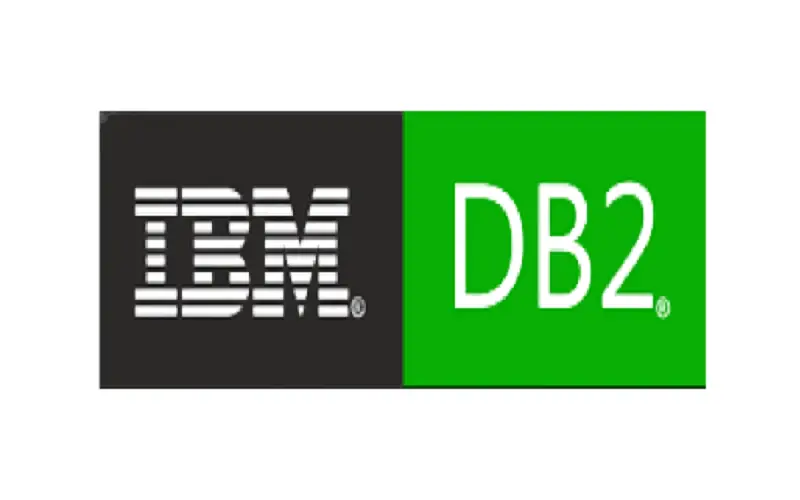
11. Apache Hive
Apache Hive is a distributed data warehouse for Apache Hadoop. Hive enables users to access and analyze that data at a massive scale using SQL. It is a fault-tolerant data warehouse where a large amount of data is centrally stored and later accessed for data-driven decisions. Apache Hive offers various services such as Beeline, Hive Server 2, Hive compiler, Hive driver, Optimizer, Execution Engine, and many more. We can find its use in prestigious companies such as Netflix.

12. Talend
Talend is a cloud service and a cloud-independent data fabric that supports the full data lifecycle right from data integration, data quality, and governance to observability in a single platform that can usually work with any virtual data source or architecture. The functions offered by Talend such as web-based interfaces enable users to design and monitor the integration capabilities. Talend is a highly scalable free open-source which is written in Java Programming Language.
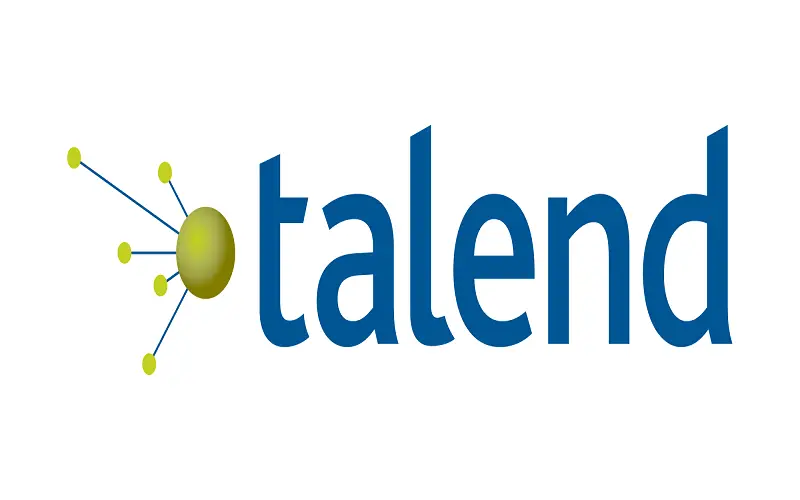
13. Looker
Looker is a cloud platform that works similarly to Google which means, it acts like a Google for business information. Looker is a Business Intelligence (BI) and Data Analytics Platform that enables users to kickstart any pending decisions by helping out in quickly finding and analyzing the insights from the data source. Using Looker, many business organizations develop their applications with trusted metrics by integrating business workflows.

14. PostgreSQL
PostgreSQL service is an open-source object-oriented relational database warehouse that is the data is stored in an organized format such as rows and columns (tables) which allows users to store and retrieve the data securely. It supports all the OOPs concepts such as Inheritance, Abstraction, Polymorphism, and Encapsulation. Most of the client applications run on this platform. Since this platform is highly reliable, scalable, and robust; it is used in large-scale organizations for monitoring complex and huge databases.

15. SAP HANA
SAP HANA is a multi-model database management most likely a modern database as a service which is the foundation of SAP Business Technology Platform that is High-Performance Analytic Appliance. SAP HANA allows users to access the data in real-time by storing the data in its memory instead of storing it on the disk The three main components of SAP HANA include the host, the system, and the instance. The benefits of the SAP HANA cloud platform are it delivers efficiency, extraordinary governance, and compliance, and is cost-effective.
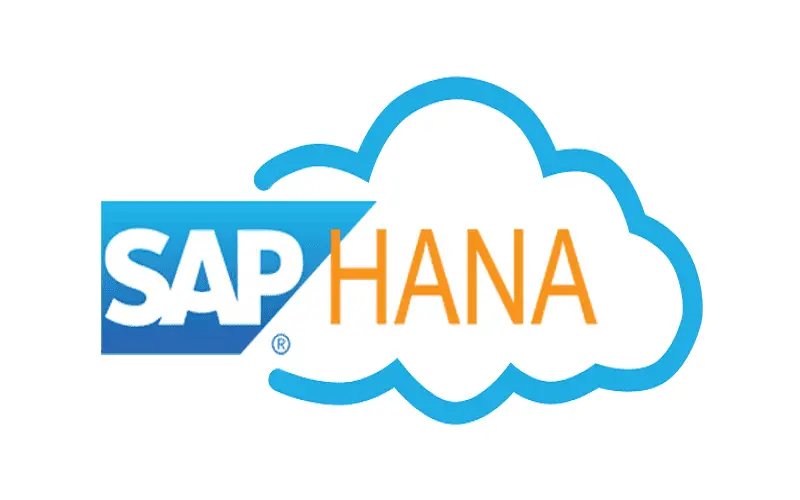
16. Databricks
Databricks is a cloud-native service that supports secured data integration into a single cloud and itself deploys the infrastructure. Databricks delivers many services such as Data Governance, Data sharing, Open-source tech, and many more. Databricks is a Software as a Platform (SaaS) which enables users to access, share, store, analyze, clean, and monitor data collaboratively. Machine learning and analytical dashboards are developed using the Databricks platform.
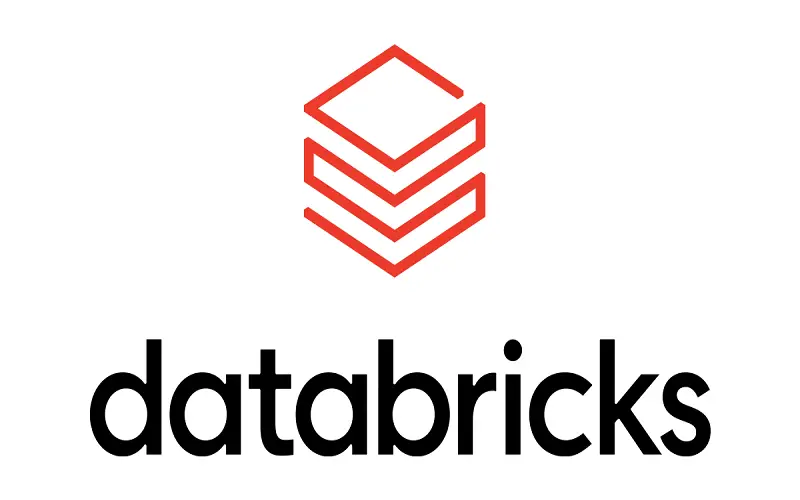
17. Tableau
Tableau is a completely self-service online cloud that is a fast, flexible, and convenient platform. This platform doesn’t require any infrastructure and maintenance, it enables users to access and connect with the dashboards, work with the data, and share the data by working collaboratively with the other employees of the organizations.

18. Informatica
Informatica is an on-demand subscription data warehouse wherein you have access to the platform only after subscribing. It allows the users to create connections, work on the data and monitor the tasks. It is a Software as a Service (SaaS) that helps in data integration and application programming interface integration. This platform can be used in various industries such as telecommunication, financial, and insurance services.

19. MarkLogic
MarkLogic Data Hub Service is a multi-model, fully managed cloud data warehouse. It can be considered the fastest and most cost-effective platform for data integration and sharing because, unlike other platforms, it doesn’t require any additional SQL database and is serverless. Software as a Service (SaaS) is highly reliable, and secure, and provides unpredictable rapid performance, especially works for fast-changing datasets.
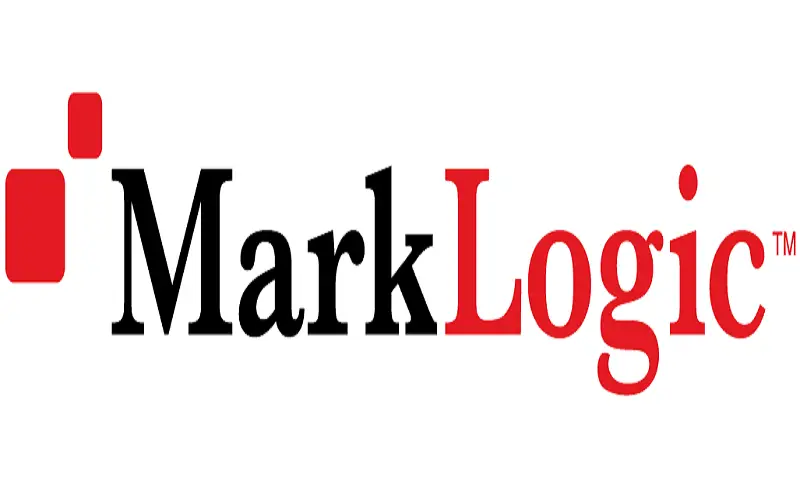
20. Vertica
Vertica is an open-source cloud data warehouse that is available on the GitHub platform. Vertica finds extensive use in situations where; organizations have to manage and deal with a massive amount of data for its quick and reliable processing. The data in this platform is stored at unique locations by default. It helps in customer retention and optimizing ing network.
